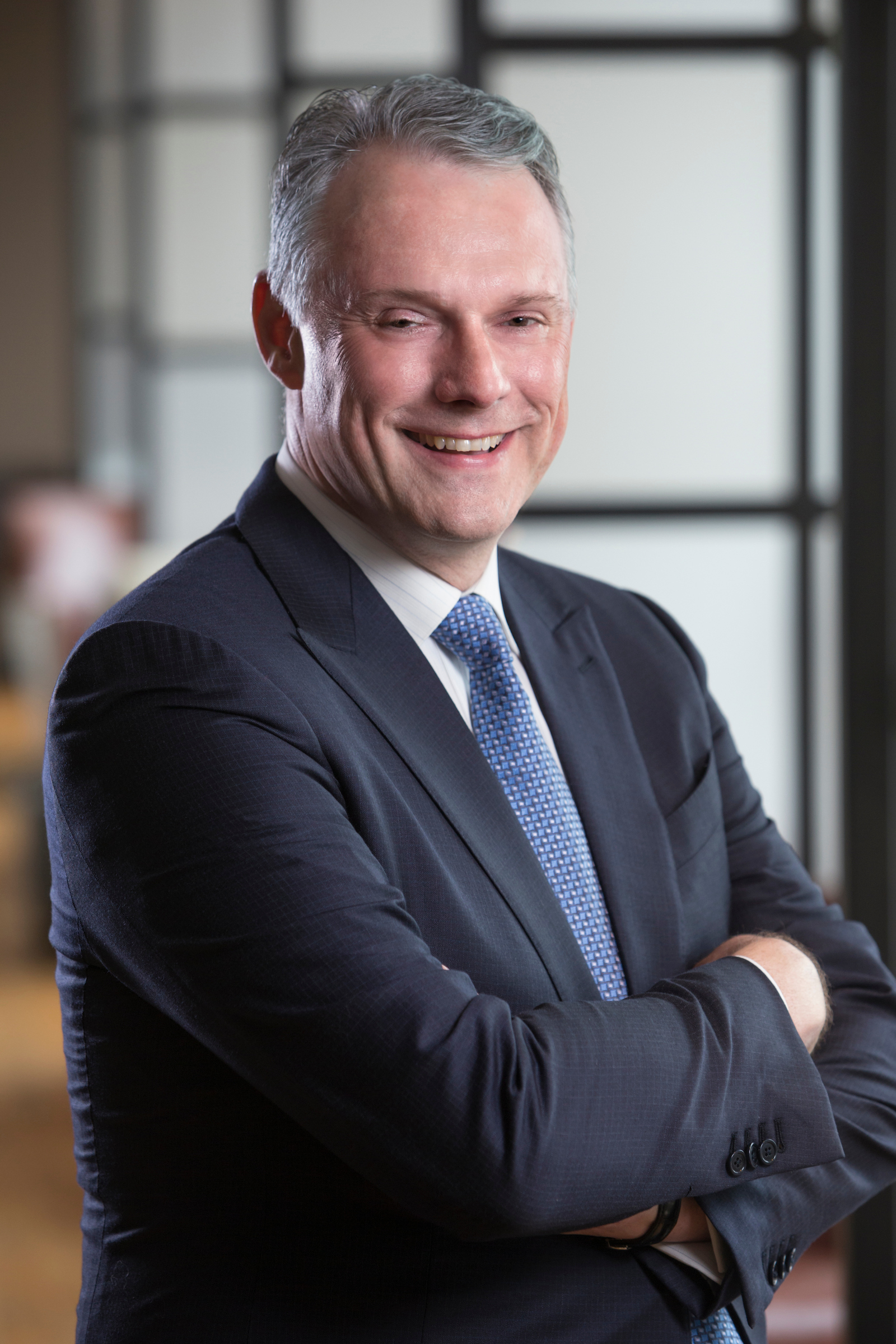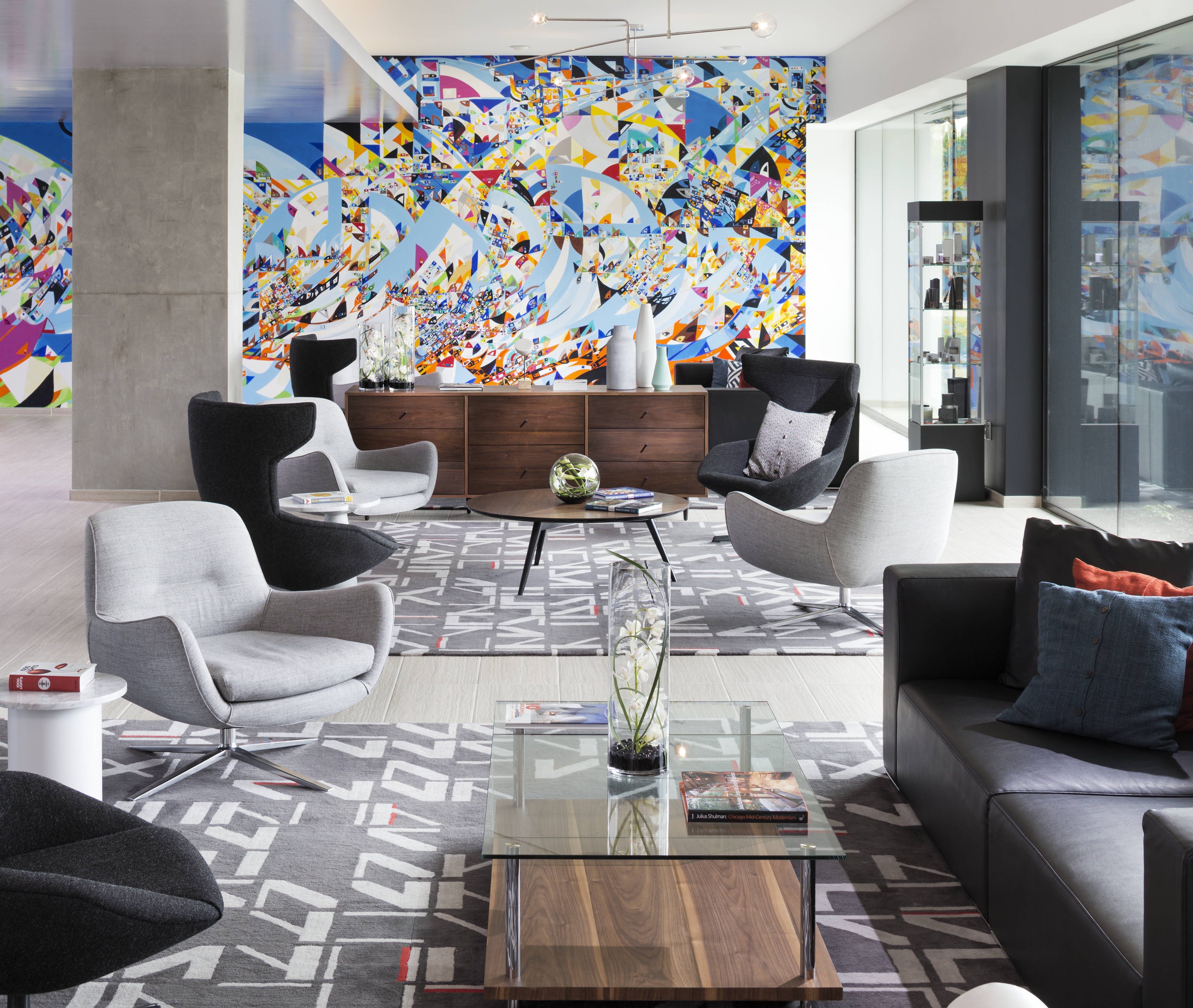With its focus on upper-upscale and luxury hotels, Wischermann Partners views holds a unique vantage point over the hotel industry. Paul Wischermann, president & CEO of the company, spoke with HOTEL MANAGEMENT about the future of the Sheraton brand, the strength of the boutique and lifestyle market and the opportunities of the year to come.

1. As an operator of primarily Starwood hotels, what does the Marriott/Starwood merger mean for you behind the scenes and where is the Sheraton brand going?
Paul Wischermann: Right now there isn’t too much for us going on behind the scenes because all the action is happening at corporate. They are working away creating the joined loyalty program, and Marriott has done a fantastic job easing the worries of Starwood Preferred Guest members as far as redemptions. We are still operating this year with two separate systems; that won’t change until new program is launched. When it comes to the loyalty system, it's a very proprietary thing; that’s a best-kept secret.
As for the Sheraton brand, it's in an interesting place. You would think it would be more difficult [for Marriott] to factor Sheraton [into their portfolio] because they have other brands in Sheraton's core segment. But it becomes easier to differentiate them at that level; it's easier to say no to certain concepts. Additionally, Marriott repositioned its Marriott Hotels & Resorts brand by moving it upward; Sheraton needs to accelerate their revitalization process and it needs to happen faster. When it’s done, Sheraton will ultimately get their returns, and Marriott is very focused on the health of the Sheraton brand.
2. What are the biggest opportunities and challenges laid out for the industry in 2017?
PW: For opportunities, it’s time for us to realize we aren’t heading into a recession. It's time to execute business plans now while unseen events aren't getting in the way. I'm often asked what inning we are in, but I'm not sure that can be answered right now. Recent trends in business travel and demand for meetings show we have a few more years of runway. It's exciting to get back to the basics, focusing on service and human capital. It's exciting that we have more time in front of us. We will see more new builds in the upper-upscale and luxury segments, and I expect that to continue for a few years.
As for challenges, our industry is in a low unemployment environment where we are always competing with other industries for talent. It’s important to communicate the advantages of a career in our industry, and we don't always don’t do the best job of it. When we focus we do a great job, and the problem hasn’t gone away, we just need to focus more. My business is in the upper-upscale and luxury segments, high-touch, high-service hotels that only work when employees are engaged with the culture. Hotels need to keep the momentum going and recruit new people who want to be a part of hospitality.
3. What technology excites you this year, and what do you see as the role for technology this year?
PW: Hopefully we finally figure out guestroom entertainment, specifically a way to bring personal content to the screen in a simple way, and reduce the need for bandwidth somewhat. We need to use technology in the hotel to make things easier, not more complicated. If we can order roomservice by texting from a phone, great, this makes it easier and more effective. It needs to be intuitive for people, and this process is finally at the forefront of the luxury market. What I see now excites me, a breakthrough from complicated to intuitive. For example, opening doors with guest phones. We are at a tipping point in the near future where those kinds of technologies will make it easier for all of us. They won't necessarily reduce the need for service, but they will simplify and enhance to allow for more time for customer contact.

4. What markets interest you most for the coming months and why?
PW: We are very much looking out west to Los Angeles. Our attention is focused most on first and secondary markets, but there is a revival in some of the villages that have zealous submarkets. There is still plenty of opportunities, and as I am focused on upper-upscale and luxury, I can’t talk about the building boom and select service; not too many upper-upscale hotels being built but there are now some markets where it s feasible for ground-up development because average daily rates have reached such heights that new development is supported there. In Nashville, we opened a Westin and are working on a number of other projects we believe in. Miami and New York are dealing with their own challenges. New York has seen a significant increase in inventory, and there doesn’t seem to be any relief. In Miami, it seems somewhat related to zika, which had an impact on the appeal of the location.
5. How do you feel about the positioning of boutique and lifestyle hotels in a market that is continuing to be dominated by the sharing economy?
PW: Take a luxury hotel versus a condo, for example. The appeal there is not the size of the room for the luxury hotel. We offer unrivaled service, which starts with a concierge. They aren't there to provide access to a restaurant, they provide a curated experience. Airbnb, as nice as it may be, usually can’t offer that. There is a purpose and place for everything, but if a consumer or guest is traveling with family, do they typically stay in luxury or upscale boutique lifestyle hotel? Maybe not. There is some overlap, sure, but I see very minimal impact from the sharing economy.
